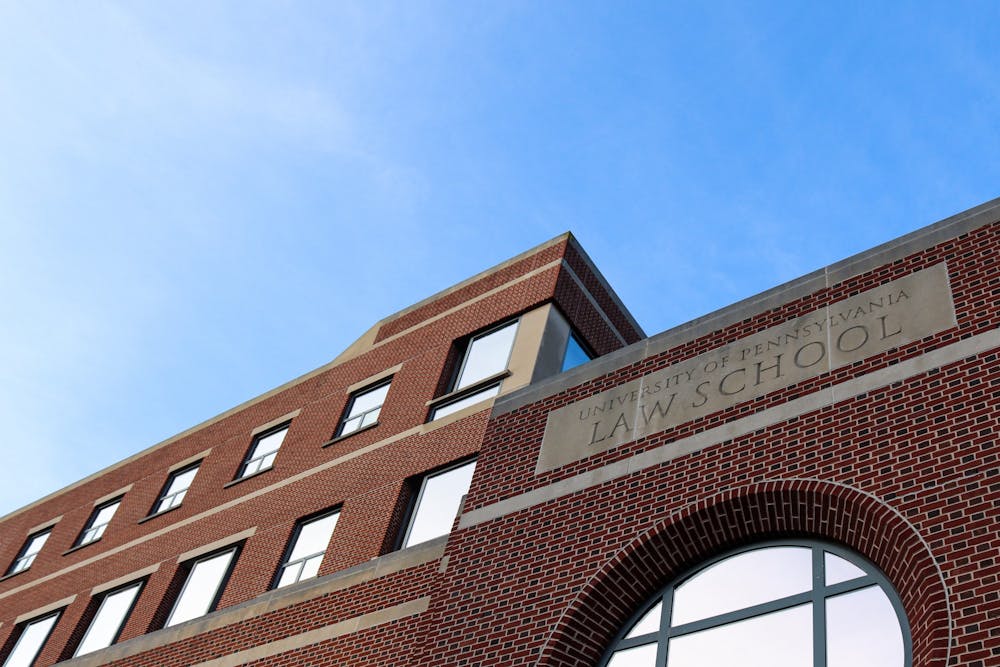2022 was a tumultuous year for U.S. News & World Report and the university rankings world.
Columbia University professor Michael Thaddeus’s scathing report disclosed the university’s dishonesty in submitting data such as class size and student-to-faculty ratios to the U.S. News. Months later, U.S. News’s 2022-23 college rankings dropped Columbia’s national rank from second place to the 18th.
Perhaps the most impactful decision was when Yale Law School and Harvard Law School both withdrew from the U.S. News rankings. Yale and Harvard, ranked first and fourth respectively on the 2022-23 U.S. News law school rankings, also inspired a cascade of other law schools to withdraw, including many top law schools such as Penn, University of California at Berkeley, Columbia, Cornell University, and so on.
Fast forward to January 17, 2023, and Harvard Medical School echoed its law school’s decision to withdraw from U.S. News, arguing that such rankings create incentives for schools “to report misleading or inaccurate data.”
In my last two articles about college rankings, I argued that universities should be held responsible for misreporting data to U.S. News and its consumers. But it is clear that universities have little intention of increasing the accessibility and transparency behind the admissions process. They opted to not report those data altogether.
The universities blame the ranking system and withhold sending annual surveys to U.S. News that include crucial university information. But in reality, it’s not that universities don’t want to top the rankings. It’s that they don’t want the rankings to influence their spending decisions.
For example, in a statement addressing the law school community, Yale Law School Dean Heather Gerken contends that “the U.S. News rankings are profoundly flawed — they disincentivize programs that support public interest careers, champion need-based aid, and welcome working-class students into the profession.”
“My hope is that if a number of schools withdraw, that will force U.S. News to change its metrics,” said Erwin Chemerinsky, dean of Berkeley Law.
For decades, U.S. News has dominated the law school rankings arena. In fact, the catchy “T14,” referring to the top 14 law schools on the rankings, are often a point of discussion among law school applicants every year. Unlike other higher education programs, U.S. News is the ultimate law school ranking for applicants, students, and the general public.
The predominant influence of U.S. News shapes the perceived exclusivity and privilege of law schools among applicants. Such an outsized influence is perhaps one of the biggest reasons why many law schools like Yale and Berkeley criticize the formula, since minute changes can result in seismic shifts in the rankings. Schools have to adjust their priorities and metrics just to remain competitive in the rankings. In short, U.S. News is important because we think it’s important.
You see, rankings won’t just persist because of U.S. News and top universities. They also persist because of us.
It’s about the consumers wanting a quick and easy way to evaluate the quality of thousands of educational programs. It’s about humans’ innate urge to pursue and earn perceived prestige. It’s about exclusivity disguised under the veil of meritocracy. It’s simple supply and demand.
Instead of an attempt to change the demand, law schools devoted their reputations to targeting the supply. But if U.S. News is gone, other rankings will soon dominate the market. The demand is still there.
As a law school applicant in the 2022-23 cycle, I too feel the pressure to conform to these rankings. "T14" keeps ringing in my mind from the moment I started researching what law schools to apply to, and it remains relevant as I consider which law school to attend. But as I become more involved in the process, I am also more aware of the rankings' limits.
Rankings can’t determine the school culture I desire, the class sizes I prefer, the specific programs I’m interested in, or the cities I like most.
For better or worse, rankings are effective, persuasive, and influential. Let’s use that to our advantage. Customized rankings allow users to rank the schools according to their own preferences, an option that proved to be tremendously helpful in my law school selection process.
We need to change. Not just the law schools or the rankings — it starts with us.
Rankings are always going to be there as long as people are obsessed with them. Law schools will almost always care about rankings because they are a business. They rely on applicants, many of them rankings-obsessed, to apply and pay for tuition.
The variable in this equation is us.
SAM ZOU is a College senior studying political science from Shenzhen, China. His email is zous@thedp.com.









